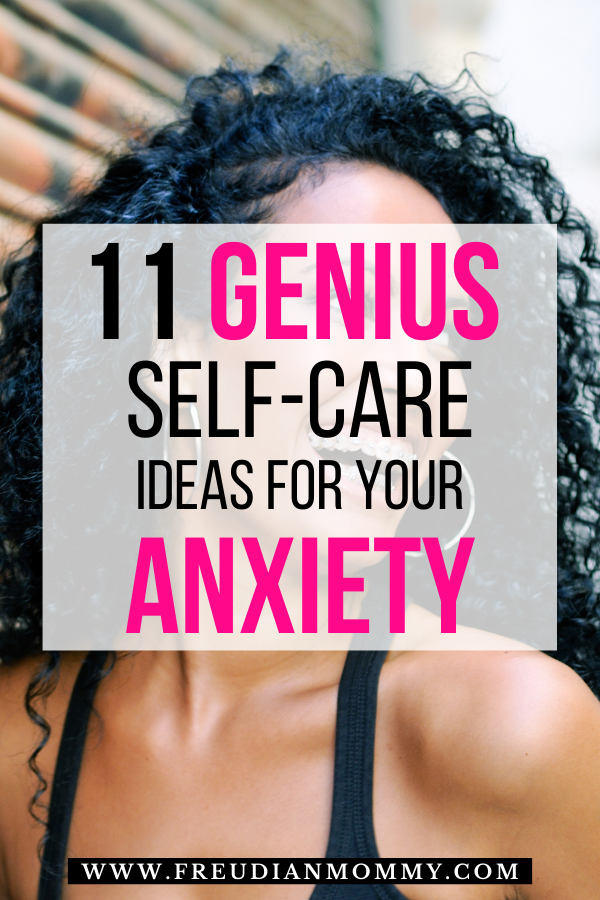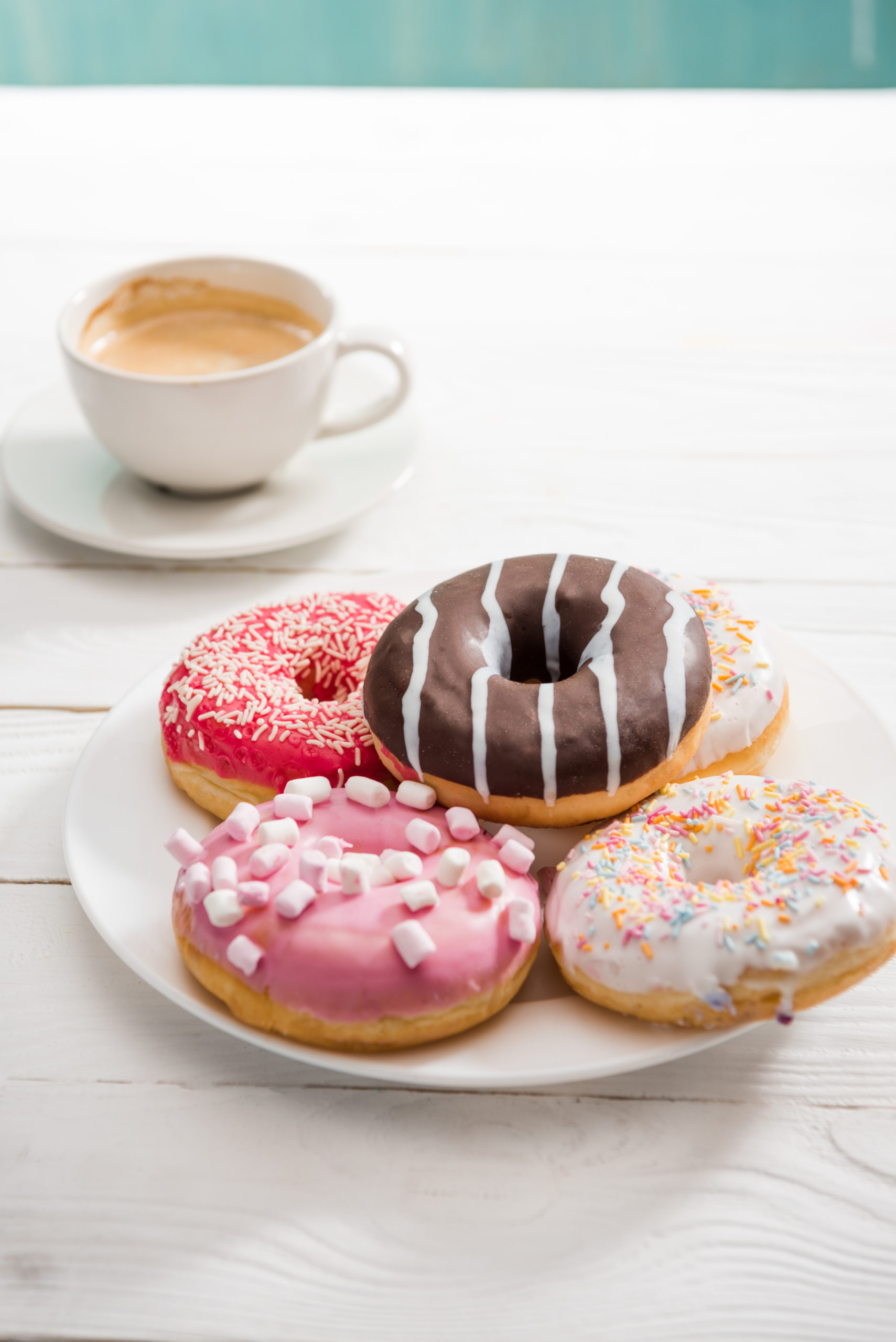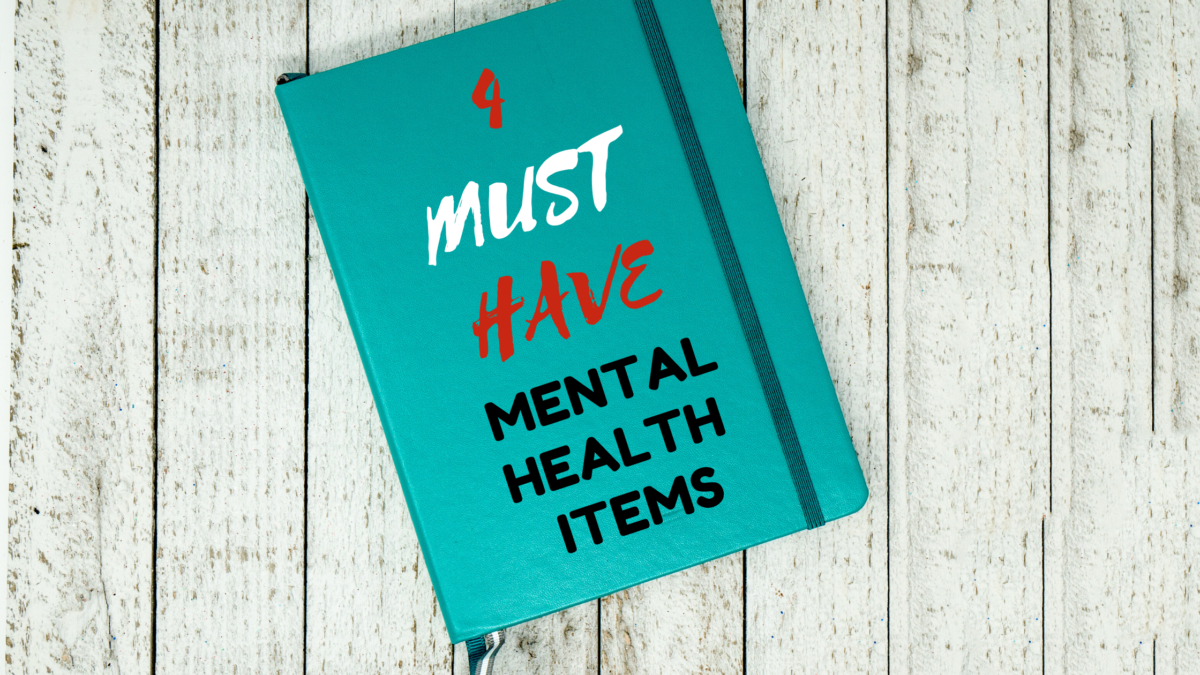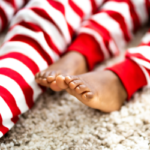Do you struggle with an anxiety disorder or panic attacks? If so, a good self-care regimen could make a world of difference!
If you have had an anxiety disorder, you know how miserable the physical and psychological symptoms can be. The constant, ongoing, and excessive feelings of anxiety and worry and feeling on edge, the sense of powerlessness due to your inability to control the worry and anxiety, the restlessness, sleeping problems, muscle tension, fatigue, and trouble concentrating make having anxiety that much more uncomfortable.
Likewise, if you have had a panic attack, you know how scary, yes, scary, the feeling can be—the feeling of as if you’re choking, losing control, and having a heart attack.
*This post contains affiliate links, at no additional cost to you I am compensated if you purchase after clicking on the links.

If left untreated, your anxiety can quickly evolve from mild to moderate to severe in just months. Anxiety can even become debilitating, sipping into every area of your life, including your work, school, and social life.
I’ve always had an effective self-care regimen that kept my anxiety in check. However, a few months into a temporary halt of my self-care routine, I noticed that my anxiety started creeping back up to the point where I was making multiple trips to my primary care doctor’s office.
One night, after experiencing a panic attack even scarier than the ones I’ve experienced in the past, where I thought I would die and leave my children. I knew I had to resume the self-care routine that helped reduce my anxiety and panic attacks for years.
After doing something for so long, you tend to forget why you started in the first place, and that’s what happened with my self-care strategy. After implementing this routine for so long, I forgot how important it was in helping to control my anxiety.
11 self-care strategy that will help you to control your anxiety
1. Wake up early:
As a mom of two, it can hard to find time to do things for me, especially once the kids are awake. Once the kids are up, it’s all about them. For this reason, it’s important for me to get up early, so I have the time to get ready for my day.
When anxiety dominated my life, I would wake up with the kids. Because I spent the whole night tossing and turning, I was too exhausted to wake up early.
2. Workout:
Exercising has always been a core piece of my self-care routine. Not only does research shows that exercising is good for your body because of the good hormones that are released, but when I exercise, I feel good about myself, my body and get a boost of confidence.
3. Take a shower:
Hot or cold, a good shower in the morning is not only refreshing and rejuvenating, but it also helps me to start my day on a clean slate, pun intended. A common symptom of anxiety is muscle tension. Because of this, my body appreciates a nice warm shower in the morning, particularly during the winter season.
Make your bed: Since there is a correlation between anxiety other psychiatric disorders such as depression. I make my bed in the morning because in the event I feel lousy even for a minute throughout the day, the made bed gives me a reason not to crawl back in it. If I crawl back onto my bed at any point during the day, which rarely happens, that’s how I know that I’ve had a really emotionally exhausting day.

4. Open the shades or shutters:
Light therapy is an essential part of reducing the symptoms of depression. Having the shades open also makes it hard for me to get back into bed. Because no matter how tired I become, how can I sleep with an array of sunlight piercing through the room?
Sunlight also keeps me motivated throughout the day.
Eat a nutritious breakfast: Eating a healthy breakfast fuels my body for the day. I usually have egg whites on Naan bread, oatmeal, or yogurt. I also drive tea these days once I started to notice that drinking coffee makes me even more anxious.
5. Set three goals for the day:
With anxiety, having too much on your plate is almost like a panic attack waiting to happen. That’s why I use my weekly planner to set three goals for the day.
I know myself and my limits. If I have more than three things on my planner for the day, I spend the whole day anxious, thinking about whether I’ll be able to get everything done.
Some days I get to finish all three goals, and some days I can only get two out of three done, and that’s okay. I don’t beat myself up for not completing all three tasks.
6. Learn to say no:
Saying no can be a difficult thing to do. But because I know myself and my limit and struggle with anxiety, I had to learn how to say no. If I say yes to everything, I’ll end up having too much on my plate, which will provoke my anxiety.
7. Practice self-love:
It is so important to take time throughout the day to breathe. I know that I am not the energizer bunny and need to take some time, even if it’s just five minutes. Five minutes to practice mindfulness like deep breathing, read my Bible, drink a cup of tea, or any of these practical self-love ideas.
8. Do something you love:
At the end of every day after I put the kids to bed, it’s my personal time again. Do you see the pattern? I start the day with my time and end the day with my time.
And no, I am not selfish. The whole world knows that my kids have a strict bedtime routine, and that’s because I know that if I don’t get the time that I need for myself, not only am I doing myself a disservice, I am doing my kids a disservice as well.
That’s why at the end of the day, I snuggle up on the couch with a weighted blanket that my sister gifted me and watch an episode or two of my favorite tv series, a movie, write, or read.
Having the weighted blanket is especially comforting because it helps me to calm down even faster after a long day.
I was going to purchase this weighted blanket for myself because I read so many good reviews about it, but my sister gifted me a pair of weighted blankets that my husband and I love so much! Both my husband and I use one at the end of every day.

9. Take another shower:
I also take another warm shower at night to help my body calm down after an eventful day with the kids. As I have mentioned, muscle tension is a part of anxiety. I know I tense up during the day. That shower helps me wash the day’s tension away.
10. Read the Bible:
My faith is a big part of my life. I read the Bible because it really reminds me that I have a God who loves me so much that he instructed me not to be anxious for anything and cast all my burdens on him.
11. Get adequate sleep:
And finally, get enough sleep, get enough sleep, get enough sleep. Restlessness, difficulty sleeping, and fatigue are significant symptoms of anxiety. I make sure that I go to bed at a time that will allow me to have a goodnight’s sleep. Lack of sleep can be the beginning of a vicious cycle and cause a domino effect in my life, ultimately ending with me being more anxious.
My perspective as a therapist
Just because this self-care regimen works for me doesn’t mean it’s going to work for you. The idea is to come up with a routine that works for you.
Although I recommend you tweak this self-care strategy to your liking, some things on this list are non-negotiable, and I highly advise that you include most if not all of these routines in your anxiety reduction self-care regimen.
It is possible for your anxiety to you be so severe that you need medication. If that’s the case, be transparent with your psychotherapist and primary care doctor so they can better help you and come up with a care plan that is unique to your situation.













